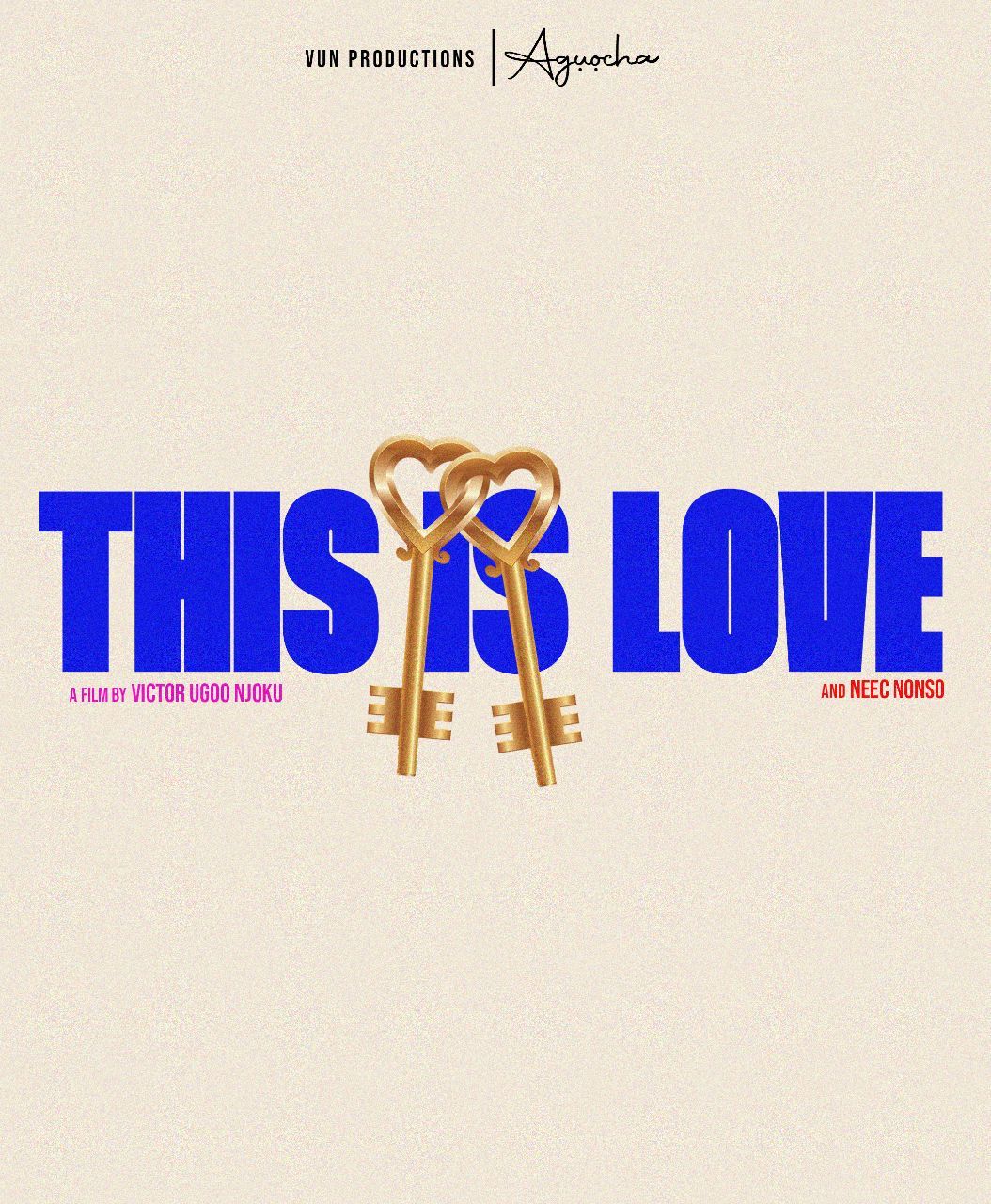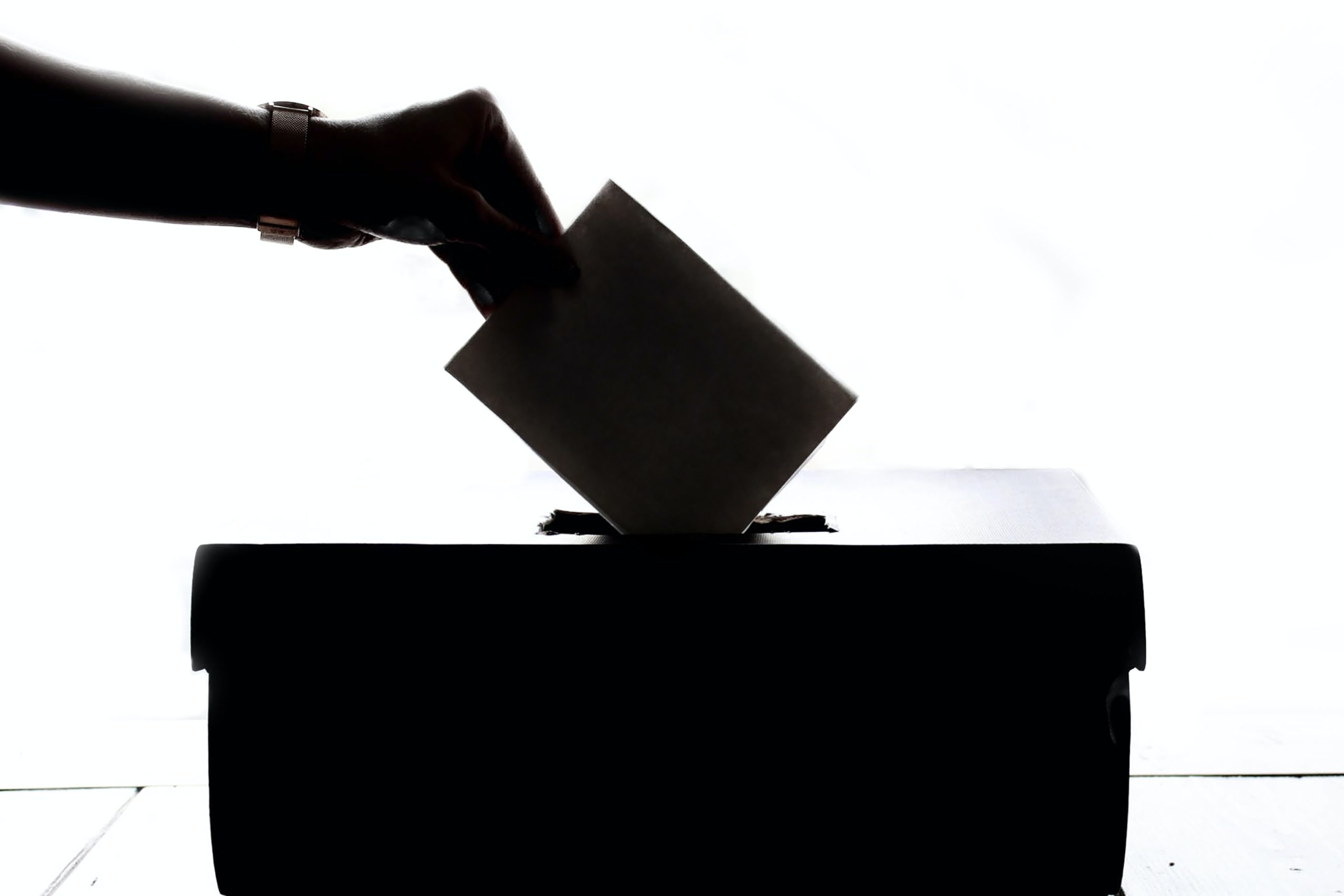As society progresses towards greater acceptance and understanding of LGBTQ+ individuals, it’s easy to assume that the practice of gay men marrying straight women will eventually become a thing of the past. However, the reality is that as long as homophobia exists, many gay men will continue to enter into marriages with women as a means of hiding their true sexual orientation.
This phenomenon, commonly known as “mixed-orientation marriages,” is not a new concept. For centuries, individuals who identified as LGBTQ+ were forced to hide their true selves and enter into marriages with partners of the opposite sex due to societal pressures and discrimination.
In fact, according to a study by the Williams Institute, approximately 20% of gay men in the United States are married or have been married to a woman, with similar statistics in other countries. This indicates that while some may view mixed-orientation marriages as a relic of the past, they continue to be a reality for many LGBTQ+ individuals.
But the consequences of these marriages can be devastating. For the woman involved, she may feel betrayed and hurt when she discovers her husband’s true sexual orientation. Children may also be impacted by the dissolution of the marriage and the emotional toll it takes on the family unit.
Moreover, for the gay man involved, the emotional toll of living a lie can be enormous. The constant fear of being discovered, the pressure to conform to societal expectations, and the guilt of betraying his partner can take a significant toll on his mental health.
Eliminating homophobia and discrimination is the clear solution to this problem, but it remains a significant challenge.
According to a study by the International Lesbian, Gay, Bisexual, Trans, and Intersex Association, homosexuality is still criminalized in over 70 countries, and stigma and discrimination towards LGBTQ+ individuals remain prevalent around the world.
Recently, Uganda’s parliament passed sweeping anti-gay legislation that penalizes same-sex relationships and outlaws identification as LGBTQ+. This legislation is a significant departure from existing laws in over 30 African countries that ban same-sex relationships. The new law sparked significant opposition, leading legislators to amend portions of the original draft.
Supporters of the tough legislation say it is needed to punish a broader array of LGBTQ activities, which they say threaten traditional values in the conservative and religious East African nation.
Legislation like this however fuels the continuation of mixed-orientation marriages.
The fact that many gay men continue to feel compelled to enter into marriages with women to avoid persecution and maintain societal expectations underscores the need for broader social change.
The ultimate solution to this problem is the eradication of discrimination and stigma towards LGBTQ+ individuals and the creation of an inclusive and accepting society that allows all individuals to express their true selves without fear of retribution. Achieving this goal requires a concerted effort to educate ourselves and others, challenge existing biases, and create safe and supportive spaces for LGBTQ+ individuals to live and thrive.













